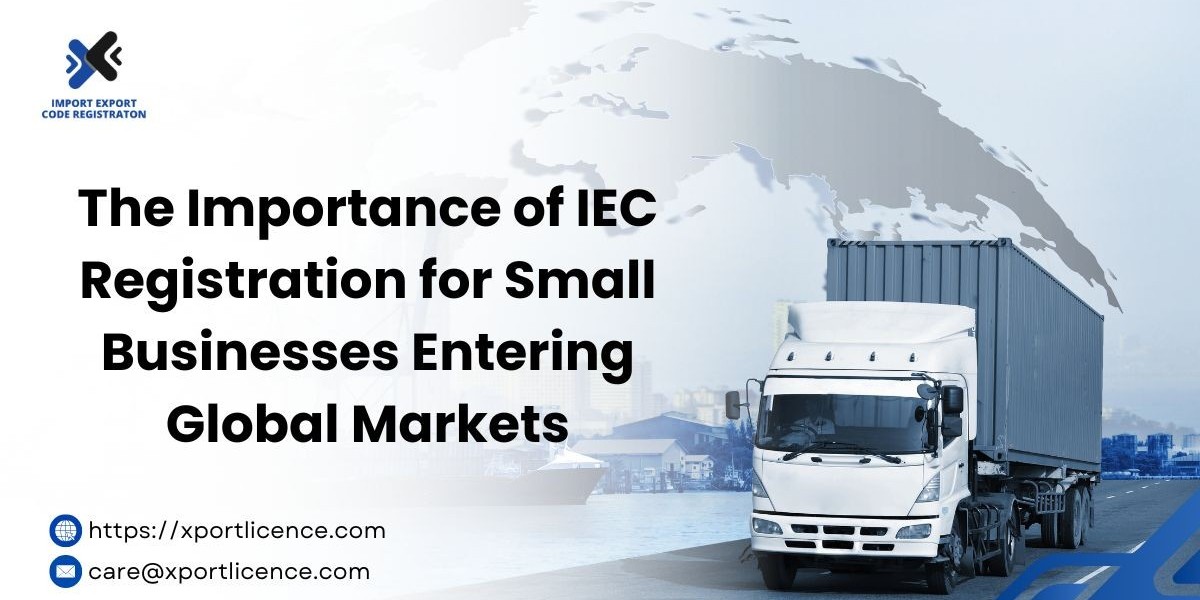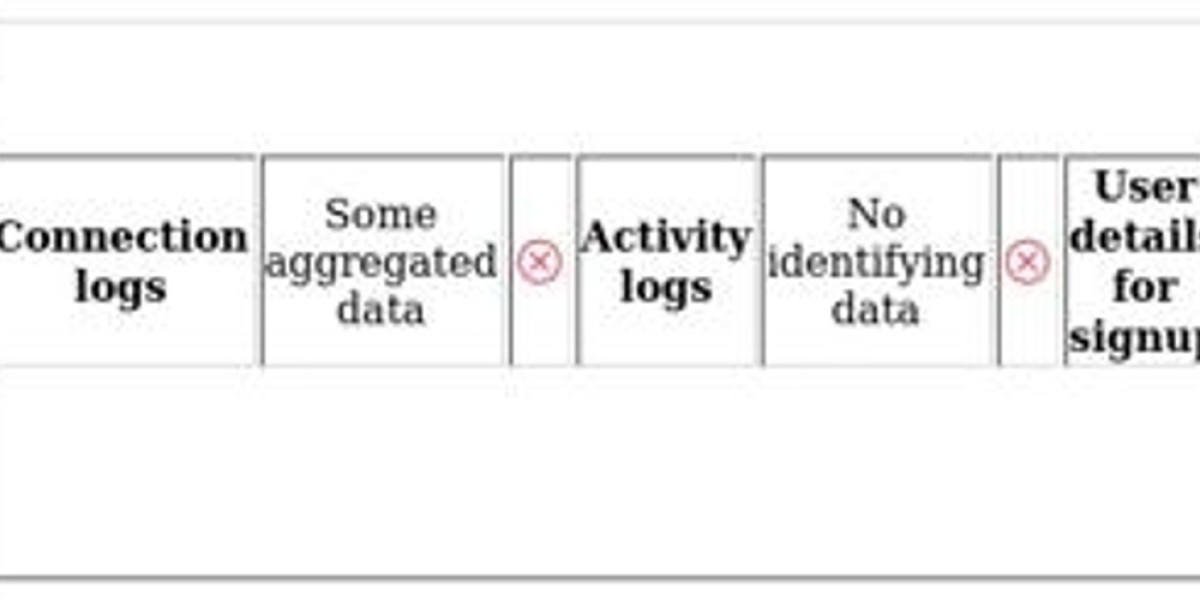In the era of globalization, the opportunities for small businesses to expand internationally have never been greater. Whether you're a small manufacturer, a tech startup, or a local artisan, expanding your business beyond your home country can bring about significant growth and profitability. However, before venturing into the international trade arena, it's essential to ensure your business is legally authorized to engage in cross-border transactions. One of the key prerequisites for businesses involved in international trade is obtaining an Import Export Code (IEC) Registration.
What is IEC Registration?
The Import Export Code (IEC) is a 10-digit unique identification number issued by the Directorate General of Foreign Trade (DGFT) under the Ministry of Commerce & Industry in India. This code is required for any business or individual wishing to engage in import and export activities. It is mandatory for businesses to obtain this code to deal with customs authorities, conduct transactions related to imports or exports, and access various government incentives designed to encourage global trade.
Key Features of IEC Registration:
- Legal Requirement: It is legally mandatory for any entity wishing to engage in cross-border trade.
- Unique Identity: It assigns a unique identification number to your business, which is recognized by customs and government authorities.
Why does IEC Registration matter for Small Businesses?
Legal Authorization for International Trade
The primary reason why IEC registration is crucial is that it provides legal authorization for businesses to conduct international trade. Without an IEC, you cannot clear goods through customs, whether you’re importing or exporting. For small businesses that want to source raw materials from overseas or expand their market reach internationally, the IEC code ensures compliance with government regulations, preventing legal hurdles down the road.
Access to International Markets
For small businesses, entering global markets can be a game-changer. However, the import-export process involves significant paperwork and regulation adherence. With an IEC registration, small businesses can open the doors to a host of international opportunities. The code allows you to deal with customs officials, establish contracts with foreign suppliers and buyers, and build a global brand presence.
Additionally, many international buyers prefer working with businesses that are legally registered and authorized to export goods. Having an IEC code gives your business credibility, increasing the chances of forming successful international partnerships.
Simplified Customs Clearance and Documentation
International trade comes with its share of challenges, with customs being one of the most significant obstacles. A proper understanding of customs regulations, tariffs, and taxes is necessary for smooth operations. The IEC code simplifies this process by ensuring that your business is recognized by customs authorities. With the IEC code, goods are processed more efficiently, reducing the chances of delays or complications during clearance.
Without an IEC, businesses face the risk of shipment delays, customs penalties, and even confiscation of goods. IEC registration streamlines this process, ensuring that your shipments are handled smoothly.
Eligibility for Government Schemes and Incentives
The Indian government offers various schemes and incentives to promote exports, and businesses with an IEC registration can benefit from these. Programs like Merchandise Exports from India Scheme (MEIS) and Service Exports from India Scheme (SEIS) are designed to incentivize exporters by offering tax rebates, subsidies, and financial support.
For small businesses, these benefits can reduce costs, improve cash flow, and provide a competitive advantage. Moreover, exporters can benefit from the government’s ongoing efforts to enhance India’s export performance, making it more attractive to trade internationally.
Building Trust and Credibility in International Markets
Trust plays a pivotal role in international trade. Buyers and suppliers in foreign markets are often reluctant to do business with companies that are not registered with the government or lack the necessary credentials. An IEC registration is proof that your business is authorized to operate internationally and comply with regulations. This instills trust in your business partners, which is essential for building long-term business relationships.
The credibility offered by IEC registration can help small businesses establish a reputation and build partnerships with international players. It’s not just about complying with the law but also about showcasing your business as a legitimate entity in the global marketplace.
Steps for Obtaining IEC Registration
Visit the IEC Portal – Open the official IEC registration website on your browser.
Fill in the Application Form – Enter your business name, type, PAN number, and other required details carefully.
Submit the Application – Review all the details to ensure accuracy before submitting the form.
Pay the Registration Fee – Make the payment online using net banking, credit/debit card, or UPI.
OTP Verification – Enter the OTP sent to your registered mobile number or email for authentication.
Processing & Approval – The concerned authority will verify your details and process the application.
Receive Your IEC Code – Once approved, the IEC code will be sent to your registered email within 1-2 business days.
Suggested read:- A guide to simplifying IEC Online Registration Process
Conclusion
For small businesses looking to scale and explore global markets, obtaining an IEC registration is the first step toward international trade. It not only provides legal authorization for cross-border transactions but also enhances credibility, offers access to government benefits, and streamlines the customs process. With an IEC registration, small businesses can access international markets, establish partnerships, and tap into lucrative opportunities that can significantly grow their brand and revenue.



